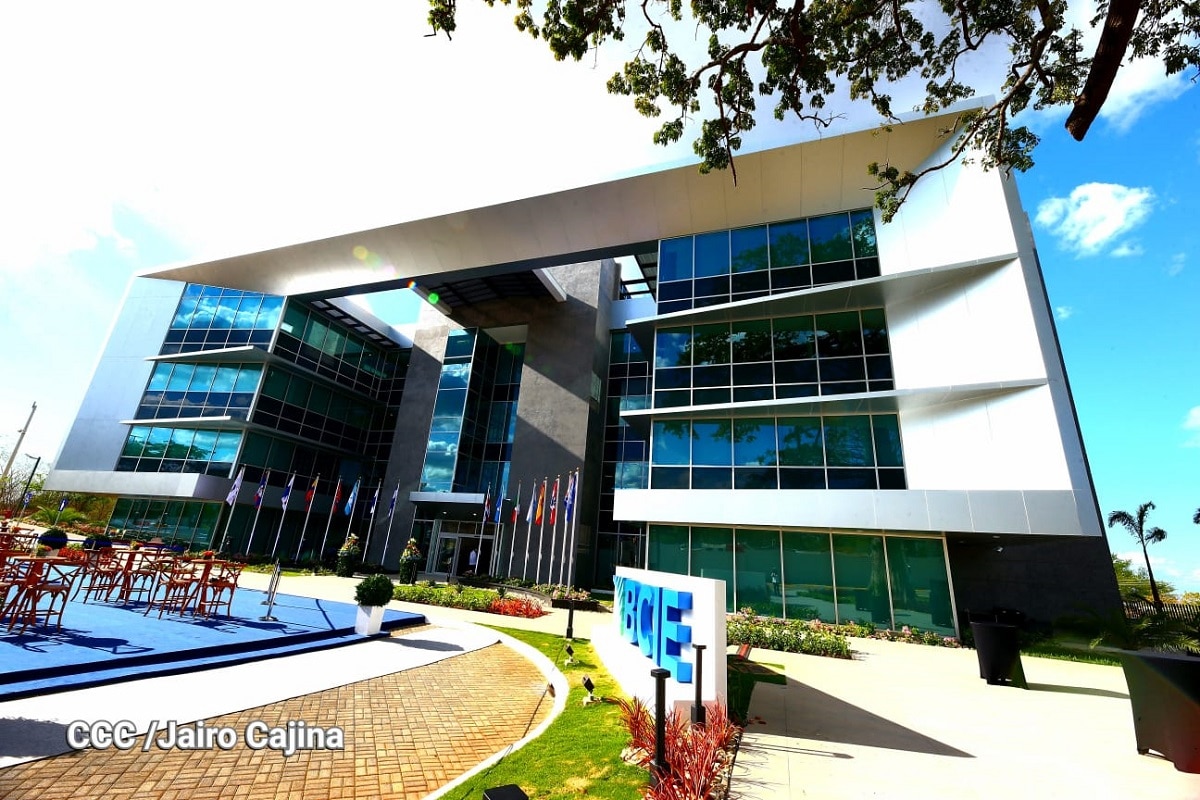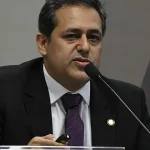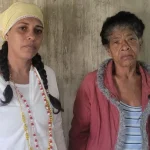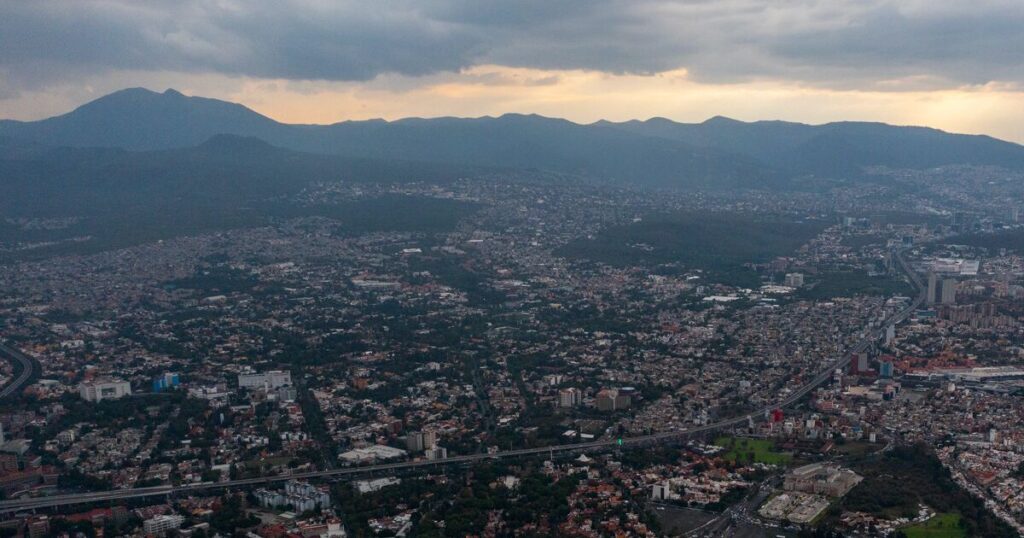The Central American Bank for Economic Integration (CABEI) offered the representatives of the private sector with whom he met this Thursday in its new headquarters in Managua, a range of financing programs that can exceed 400 million dollars.
In addition to offering resources to the governments of partner countries, CABEI also provides funds to private initiative in the region, as a way to balance the balance between the public and private sectors, but also to reduce exposure to financial risk. which implies concentrating a very high percentage of your loan portfolio on very few clients.
The Bank’s offer started with the remainder of 200 million dollars (of the total of 350 million dollars with which its ‘Financial Sector Support Facility’ was endowed to support MSMEs) that they have not been able to place in Central America. As the deadline to apply for these funds is met, the lender has few objections to concentrating the resources in a single country.
Among other options, it can be applied to funds for technology, economic development, industry, Central American integration, job creation, gender, environment, increase the value of the export supply, irrigation, projects that are developed in the dry corridor, electromobilitygeneration of electricity through renewable sources, and construction, both general and residential.
This is a very sensitive issue for the Chamber of Developers of Nicaragua (Cadur), which is still awaiting the disbursement of 171 million dollars from the National Program for the Construction of Social Interest Housing, approved by CABEI, to build and acquire some 18,660 houses. Although the bureaucratic procedures have already been satisfied, Mossi gave himself 12 more months to transfer the resourceswhich has exasperated the guild.
During the appointment this Thursday, the head of the regional entity gave two good news to developers: the first, that the home loan it will be disbursed in the coming months; (Another source said that it would be “before the end of the year”, which does not change anything, since the term that Mossi granted to himself ends on September 8); and that “the pending tenders have already been fulfilled.”
The second is about the creation of a mechanism to fund the companies agglutinated in Cadur, creating bonds in córdobas to place them in the Nicaraguan stock market, with the intention of having resources to offer credits to developers, so that they can create the supply of housing, as a complement to the 171 million córdobas that the bank would manage to finance the buyers.
The sources are not clear whether they will be bonds issued by the Central Bank of Nicaragua (BCN), with CABEI’s guarantee, or that CABEI is the issuer. The Central American Bank press release details that Mossi said that “The possibility of issuing bonds in local currency will be analyzed to finance projects in the construction sector, as an alternative to vertical constructions”.
A member of Cadur, who was not at the appointment with Mossi, said that the union is hopeful, because they were informed that they can also apply to the ‘Facility of Support for the Financial Sector’ to support MSMEs, or negotiate directly in the private window of the Bank, to obtain loans of up to 20 million dollars.
President of the BCN and Minister of Finance
Entrepreneurs who participated in the meeting explained to CONFIDENTIAL —on the condition of remaining anonymous— that “it was a very formal meeting, in which they first met with us, and then with the bank”.
“At no time did I see any of businessmen who support the government” of Daniel Ortega and Rosario Murillo, said one of the sources, referring to the Association for the Development and Sustainability of Nicaragua (Aprodesni).
In the press release published by the Bank, it is stated that its executive president, Dante Mossi, stated that he had “conversed with thirteen representatives of chambers of commerce, eight financial institutions, the Association of Banks of Nicaragua [Asobanp] and the Microfinance Chamber [Asomif]on the financing mechanisms available to the Bank, as tools for recovery and revitalization of the economy”.
A professional present at the meeting said that the Ortega government was represented by the Nicaraguan governor and deputy governor before CABEI (Iván Acosta and Ovidio Reyes, Minister of Finance and President of the BCN, respectively), plus the Superintendent of Banks, Luis Ángel Montenegro, given the presence of the entire national bank.
“It was CABEI who managed the entire meeting, and the political variant was not discussed,” he argued.
When consulted, the lawyer Eliseo Núñez stated that “I don’t expect the businessmen to become opponents. However, they should be clear about which partner they are acquiring when they talk to the government about anything.”
The liberal former deputy urged businessmen to remember that Ortega “had them as partners before 2018, and now he persecutes them, has them cornered, charges them enormous amounts of money in taxes, and has the main leaders of that time imprisoned. , and now”.
“For this reason, I believe that the business community is once again looking at very short-term things. They don’t see beyond the immediate gains they can make, when in reality, having no relationship with Ortega has any strategic value,” he reasoned.
Finally, the Bank promised to review its financing opportunity cost structure, “so that the final recipient receives resources at a reasonable cost”; reported on the creation of CABEI’s capital fund, scheduled to be launched on June 30, in addition to communicating the opportunity to apply for Korean funds, with the creation of innovative initiatives.

















